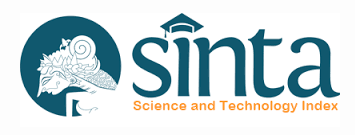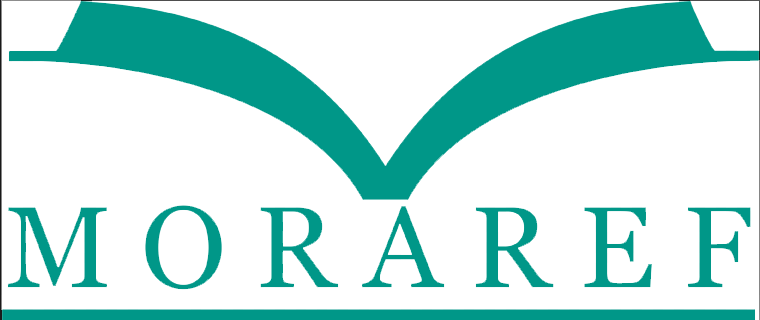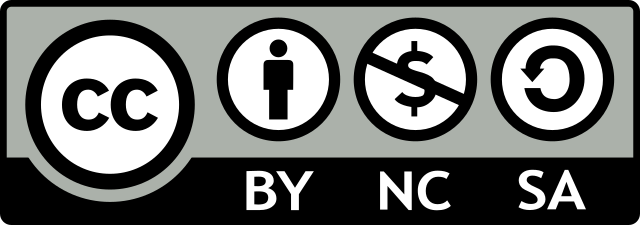Collaboration Model for Literacy Educators with Community Reading Centers at Bandung and Sumedang Regency
Abstract
The students in Library and Information Science Study Program, Universitas Padjadjaran, as the next librarian. They learn concept, characteristics, type of literacy, utilization literacy in all library, and specific skill for students. The purpose this research is to know collaboration model for literacy educator with community reading centers at Bandung and Sumedang Regency. Research method used action research through qualitative approach. Result research, students exposed to the collaboration model demonstrate improved literacy skills and increased enthusiasm for reading, as evidenced by enhanced reading levels and greater participation in literacy programs. The community reading centers themselves have transformed into vibrant hubs for learning, cultural exchange, and community engagement, guided by principles of inclusivity, diversity, and strong partnerships. Nevertheless, this research acknowledges certain challenges, such as constraints in sample size and external factors affecting the results. Future research should delve deeper into the specific elements of the Collaboration Model contributing most significantly to its success, providing a more nuanced understanding of its effects. In conclusion, this study underscores the potential of the Collaboration Model as a transformative force in the field of educator literacy within community reading centers. It promotes ongoing collaboration, professional development, and community engagement, culminating in improved literacy skills among educators and students. These positive effects extend beyond the reading centers, enriching the entire community. This research underscores the importance of further investigation and investment in collaborative models, as they play a pivotal role in advancing literacy and lifelong learning within the community.
Downloads
References
Barkley, E. F., Cross, K. P., & Major, C. H. (2005). Collaborative learning technique. USA: John Wiley & Sons.
Fitriyeni, T. W. (2019). Collaborative learning to improve reading comprehension. Jurnal Akrab Juara, 4(3), 197–2019. Retrieved from https://akrabjuara.com/index.php/akrabjuara/article/view/675/578
Haqqi, A. (2017). Collaborative learning: Model pembelajaran dalam upaya meningkatkan literasi informasi Mahasiswa Jurusan Ilmu Perpustakaan dan Informasi melalui belajar secara kolaboratif. Baitul Al ‘Ulum : Jurnal Ilmu Perpustakaan Dan Informasi, 1(1), 1–22. https://doi.org/10.30631/baitululum.v1i0.13
McAvinia, C. (2016). Online learning and its users. USA: Elsevier.
Mertler, C. A. (2017). Action research: Improving schools and empowerings educators. USA: Sage Publication. Retrieved from https://www.google.co.id/books/edition/Action_Research/KIOuDAAAQBAJ?hl=en&gbpv=1&dq=action+research&printsec=frontcover
Vygotsky, L. S. (1978). Mind in society: The development of higher psychological processes. London: Harvard University Press. Retrieved from https://archive.org/details/mindinsocietydev00vygo/page/n5/mode/2up%0A%0A
By submitting your manuscript to our journal, you are following Copyright and License








